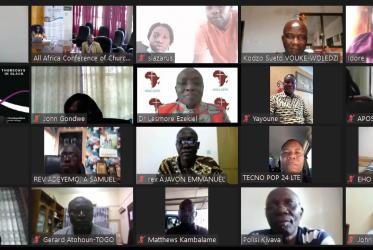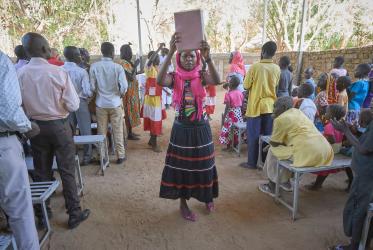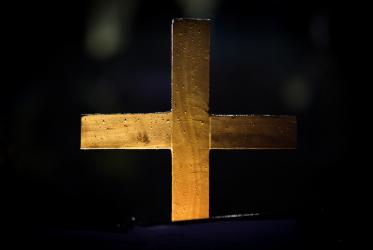Displaying 1 - 20 of 33
WCC expresses grave concern over political situation in Sudan
29 October 2021
Young people in Togo: “Hear our voice! We want to tell our stories!”
07 November 2019
Knowledge of gender roles deepens in Togo
03 June 2019
Youth engagement fundamental to HIV response
18 April 2017

















